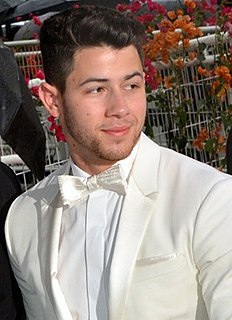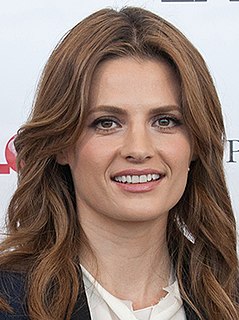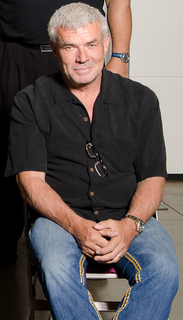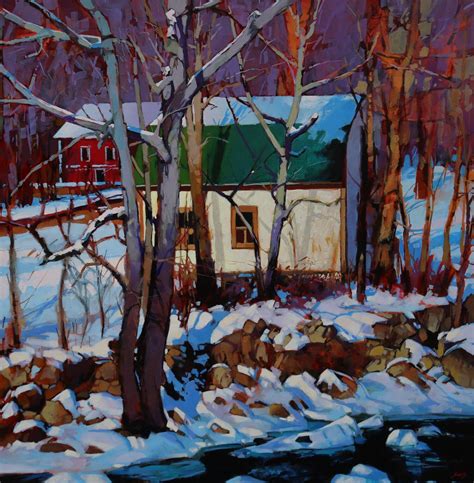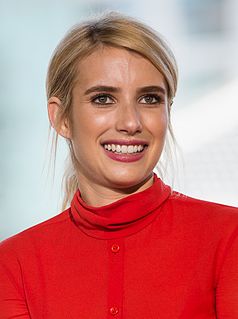A Quote by Nick Jonas
Having an open dialogue, in any creative atmosphere, is really important to feeling free to tell the story the best way you can.
Related Quotes
I don't ask my students to have studied film or any education in general. What I ask them is to come and sit and tell me a story, and the way they choose it and tell it, for me, the best criteria for whether they are right for making films. There's nothing more important than being able to tell your story orally.
Professional wrestling... is no different than a Broadway play except that in a Broadway play, actors are using dialogue to tell a story and establish their characters, while in WWE, they're using a physical dialogue to tell their story and build their characters. That's a very unique art; it really is.
I hate repetition. Even when I am home and have to buy milk, I go a different way each time to avoid having a habit of anything. Habits are really bad. So to me it is really important to live in what I call the spaces in-between. Bus stations, trains, taxis or waiting rooms in airports are the best places because you are open to destiny, you are open to everything and anything can happen.
A story is a way to say something that can't be said any other way, and it takes every word in the story to say what the meaning is. You tell a story because a statement would be inadequate. When anybody asks what a story is about, the only proper thing is to tell them to read the story. The meaning of fiction is not abstract meaning but experienced meaning.
I don't have any one way to tell a story. I don't have any rule book of how it's supposed to be done. But I've always said that if a story would be more emotionally involving told, beginning, middle, and end, I'll tell it that way. I won't jigsaw it, just to show what a clever boy I am. I don't do anything in my script just to be clever.
